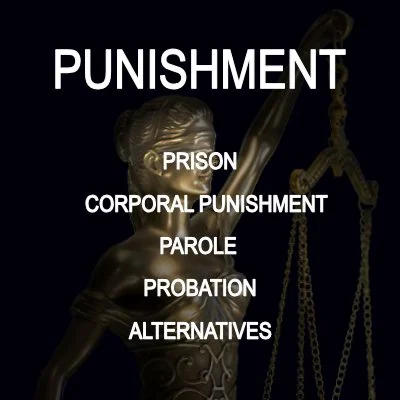Probation is not a panacea for the prison crisis
By Nicola Carr
The crisis in prisons in England and Wales has been brought sharply into focus. On 16 October 2023, the Justice Secretary announced measures aimed at reducing pressure on the prisons, caused in part by a record high of 88,225 people in custody (Chalk, 2023). As if this is not cause enough for concern, forecasts indicate that the population is due to rise even higher in the coming years with predictions that by March 2027 the population may rise to anywhere between 93,100 and 106,300 people (MoJ, 2023). It is clear from the Ministry's explanation of its forecasts the government's own policies (as well as the post-coronavirus disease 2019 (COVID-19) backlog of cases in the courts) are a central driver of prison population growth. In recent decades, almost every government policy relating to crime and justice has ratcheted up systemic pressure resulting in more people spending longer in prison. This includes longer sentences for certain offences and changes to mechanisms for prisoner release. Not to mention of course the people who remain imprisoned under the egregious Indeterminate Public Protection (IPP) sentence, which although abolished in 2012, has still left approximately 3000 people languishing in prison. While the Conservative party has been in power for over 12 years, this punitive policy direction has a longer lineage, IPPs were introduced in 2003 by a Labour Home Secretary, who has since regretted the injustice.
United Kingdom, Probation Journal Volume 70, Issue 4. 2023, 4pg


